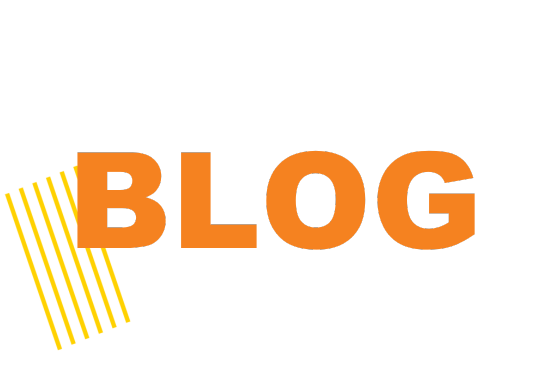A New Way Forward: Rethinking Mental Health Support for Boys and Young Men
By Brian O’Connor
October 10, 2025
The evidence is everywhere, the conclusion clear: Many boys and young men in America are struggling. Compared to previous generations, boys today have fewer friendships, weaker family and community ties, and a declining sense of optimism.
Their growing isolation fuels depression, disengagement from school and work, and – for some – violence against themselves or others. And in some cases, it’s killing them: Nearly 80% of U.S. deaths from suicide are men.
It doesn’t have to be this way.
At Futures Without Violence, we’ve spent decades working with boys and men to promote healthy relationships and prevent violence. Today, much of that work takes place on gaming platforms, social media channels, and online communities.
Supporting boys’ mental wellbeing is a core priority. Across every setting, our mission is to foster connection, model positive values, and help boys and young men build the skills for emotional wellbeing and respectful relationships.
Reaching Boys Early—Before Crisis Hits
Mental health challenges often show up in boys during early adolescence. But on average, help doesn’t arrive for 10 years…if it comes at all.
That’s because systems like school counseling and therapy often miss the mark because many boys can’t explain what they’re feeling, worry about being judged, see help-seeking as a weakness, internalize stigma around mental health, or don’t trust the professionals who can help.
To change that, in the early days of the pandemic, we launched Team: Changing Minds with Big Brothers Big Sisters of America and the National Council for Mental Wellbeing, supported by Harry’s Inc. Through it, we’re activating Everyday Responders – the coaches, mentors, moderators, and peers who boys trust, in spaces like sports, video games, and online communities – and training them to spot warning signs, start conversations, and connect boys with the care they need and deserve.
We’ve already equipped more than 81,000 adults with critical knowledge and skills to support youth mental health. Our Everyday Responders have reached over 1 million youth, more than half of them boys and young men!
What Works
Here’s what we’ve learned about how to help:
- Go where boys are. Ninety-seven percent of boys play sports or video games; 68% say gaming is core to who they are. These often-overlooked communities are powerful entry points for mental health support, with vast potential for scale, influence, and reach. By leaning into these spaces, we can address the harmful content boys encounter on- and offline.
- Equip the people they trust. Many sports coaches, gaming moderators, and other adults who boys look up to want the tools and knowledge to help, and Our Team: Changing Minds Responder Ready training provides it. Confidence in talking to young men about mental health rose among Resonders who completed the training from 59% → 92%; confidence in talking directly about suicide rose from 67% → 92%; and confidence in connecting boys to care rose from 71% → 95%. Participants also reported increased knowledge of mental health signs, symptoms, and resources.
- Expand the definition of support. A caring, consistent adult who creates a protective relationship, with routine check-ins and an easy on-ramp to support, can make a difference. Our Responder Ready Training helps adults do just that. The strong “connectedness” that results can be a buffer against depression, suicidality, substance use, and other risks, staving off mental health problems that might otherwise intensify.
- Bridge, don’t replace, professional care. Everyday Responders are trained to identify, understand and respond to mental health challenges. They cannot take the place of mental health professionals. But by breaking down stigma, promoting help-seeking behaviors, and guiding boys to professionals when needed, they create a bridge to professional services. In one study, ~75% of adolescents sought support after someone they knew recommended it.
- Support community responders.
Through the groundbreaking work of our partners, states are beginning to recognize the essential role community-based mental health responders can play. California is leading the way by using Medicaid dollars to fund community-based mental health responders. Reimbursing the Everyday Responders who expand mental health access and support can make a difference for youth.
The Time is Now
If we want to reverse the isolation, hopelessness, and mental health crises facing boys and men, we need more than awareness. We need action that is grounded in research, scaled through trusted networks, and sustained by systems that support it.
There are solutions. Let’s invest in them, expand them, and build a future where every boy has someone to turn to long before a mental health problem becomes a mental health crisis.
Because a 10-year wait for help interrupted by a 10-minute conversation can save a life.


